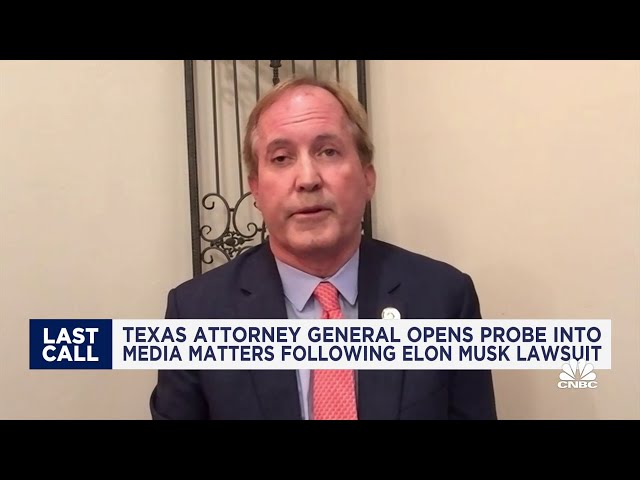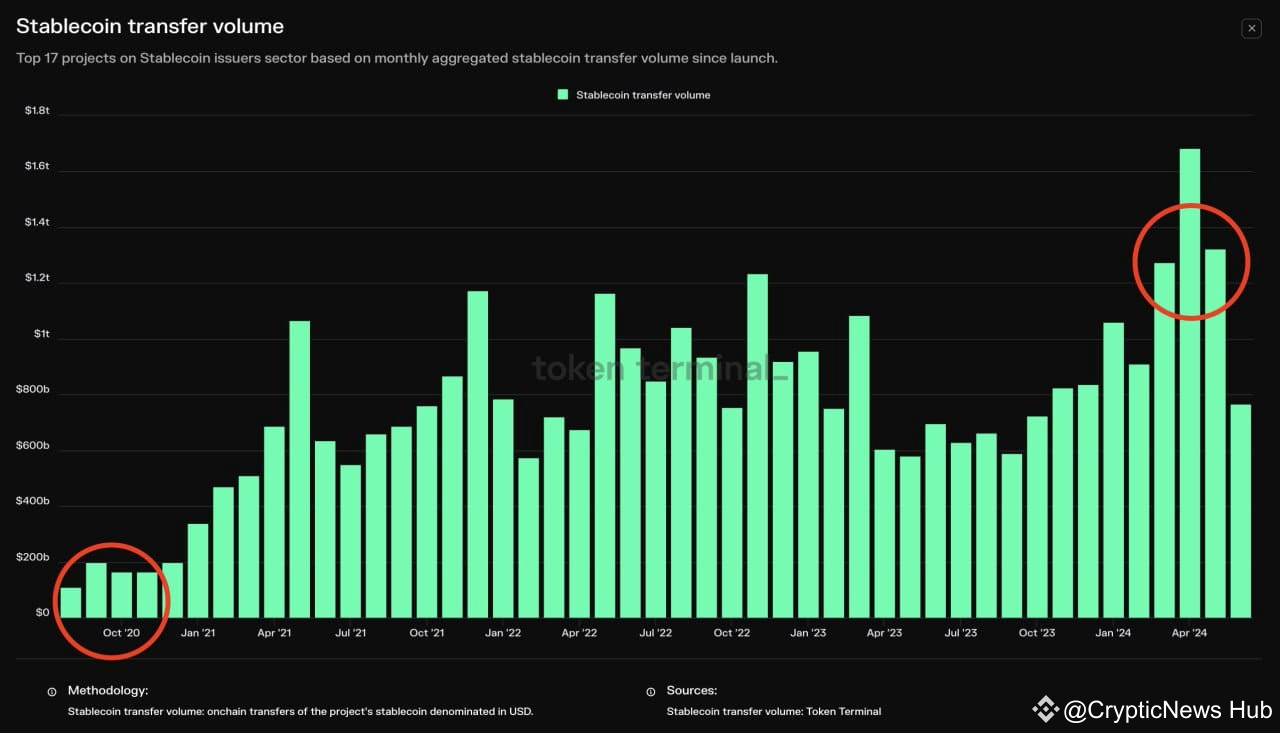In recent developments, Texas Attorney General Ken Paxton announced an investigation into Media Matters, a media watchdog organization, for alleged fraudulent activities. This follows a lawsuit filed by Elon Musk, CEO of X (formerly known as Twitter), against Media Matters in a Texas federal court, accusing the organization of fabricating evidence to tarnish the image of the social media platform.
Paxton’s scrutiny of media matters
Ken Paxton described Media Matters as a “radical anti-free speech organization” and stated that his office would examine whether the organization violated consumer protection laws in Texas. This investigation responds to claims that Media Matters’ actions could have misled the public, potentially infringing upon free speech by diminishing engagement in public discourse.
Paxton’s former senior lieutenants, Judd Stone and Christopher Hilton, who recently left the Texas Attorney General’s Office after successfully defending Paxton in his impeachment trial, are spearheading the case.
Elon Musk’s lawsuit against Media Matters centers on a report released by the organization last Thursday, alleging that advertisements for major companies like Apple, IBM, and Xfinity were displayed next to pro-Nazi and antisemitic content on X. The report led several large corporations, including IBM and Apple, to announce the withdrawal of their advertisements from the platform.
Musk accuses Media Matters and its senior investigative reporter, Eric Hananoki, in his complaint of deliberately creating misleading images that paired advertisers’ posts with offensive content. The lawsuit asserts that these actions misrepresented the typical user experience on X, intending to harm the social media site.
Implications for the advertising industry and free speech
The controversy has ignited a debate over the responsibilities of social media platforms in moderating content and the impact on freedom of expression. The involvement of high-profile companies and the subsequent withdrawal of advertisements from X have highlighted the challenges digital platforms face in balancing content moderation with preserving free speech.
The outcome of these legal and investigative actions could set significant precedents for how social media companies manage content and interact with advertisers. It may also influence the broader discourse on the role of watchdog organizations in the digital age.





